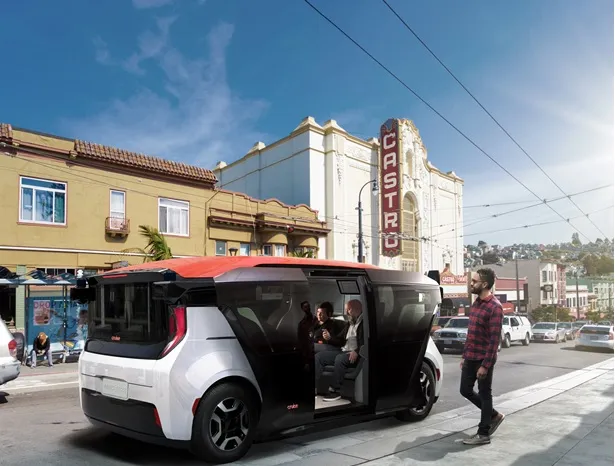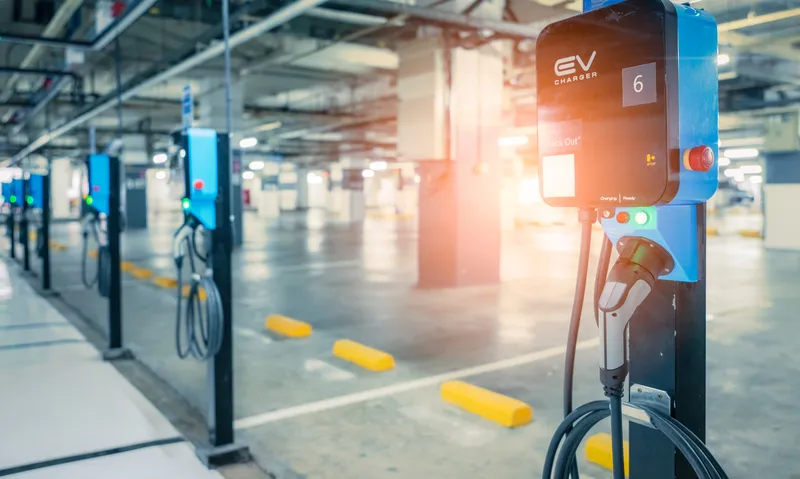
Cruise and General Motors (GM) are seeking approval from the National Highway Traffic Safety Administration (NHTSA) to build and put the Cruise Origin into commercial service.
In a post, Rob Grant, senior vice president, government affairs and social impact at Cruise, says the zero-emission shared electric vehicle has been purposefully designed “from the ground up” to operate without a human driver.
“This means it does not rely on certain human-centered features, like a steering wheel or a sun visor, to operate safely,” he adds.
According to Grant, the petition demonstrates how the Origin achieves safety objectives of existing standards, and helps enable future autonomous vehicle (AV) regulations.
“NHTSA has made clear in public testimony and regulatory actions, that in order to consider the development of AV standards, they first need more information from real world AV operations,” he continues.
“We believe this petition can help enable that outcome: learnings from the Origin, which is designed to improve overall road safety, can help inform the creation of new, updated regulations and standards.”
Grant insists the Origin will help expand mobility options for seniors, people who are blind or have low vision, and other communities that have “traditionally faced barriers in access to reliable transportation”.
The Origin vehicles will be manufactured at GM's Michigan Factory Zero.
“We look forward to NHTSA’s thorough review of our petition, and stand ready to continue working closely with them to ensure the safe and responsible deployment of this technology,” he concludes.








